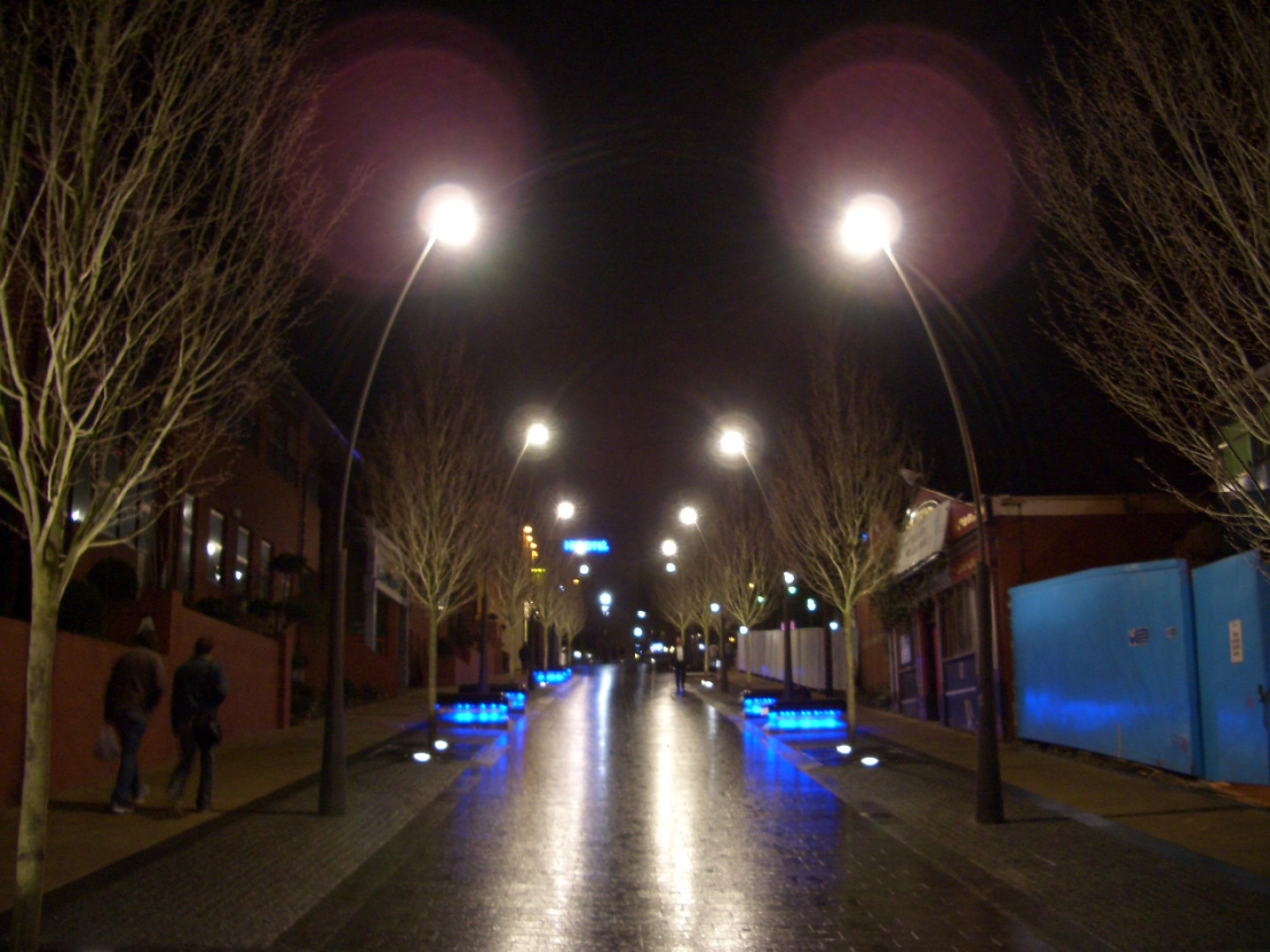We ask Alastair Donald, Chair of the Plaza Mania debate, about the surge of interest in the notion of public space
What’s the broader context for this discussion?
Alastair Donald: The important thing to recognize is that this event is part of the pre-election discussions. It may not seem an obvious thing to have a discussion around public space but it’s quite important. To my mind the election campaign has avoided the big issues in many ways, there hasn’t been much serious debate about foreign policy, the future of the economy and all the big issues that effect the future of the country. Whereas a lot of what has been discussed during the election period has been at the level of local politics and localism, and one of the issues that always comes up in those contexts is the future of public space.

If you look at local authority strategies, plans and documents, they all have endless stuff in about creating public space. What we wanted to ask is if everyone is so keen on creating public space why is that? ‘Are we creating too much?’ is a reasonable question to ask. It’s not obvious to me what creating public space is meant to achieve, it’s always presented as if there will be certain benefits but it’s not always clear what those are.
When politicians or council figures talk about public space, what is generally meant by that?
Alastair Donald: A lot of the time if you go by the imagery used in these documents then you often see pictures of small squares, and public spaces lined by shops, cafes where people are sitting around drinking cappuccinos. Often there seems to be a definite idea of what public space is like, it almost invokes a certain type of action that is supposed to come out of it.
If this drive to create so much public space is part of the political conversation, why do you think it’s happening now?
Alastair Donald: I think a sentiment exists just now that design has become important because it creates certain social outcomes. That seems to be the way things are viewed these days and people haven’t always thought about it that way. In the past, design might have been seen as good in and of itself, whereas these days pubic sector bodies are always attaching a set of outcomes to anything they do, and the outcomes for public space seem to be things like: it creates good communities; or it makes people act in a certain way, whether that is a healthy way because it forces them to walk rather than drive; or it cuts out the scope for anti-social behaviour and such like. There always seems to be a certain attachment to desirable social outcomes when people discuss Public Space these days. I think it’s worth questioning whether it’s realistic and secondly whether that’s even a good thing, in many ways it seeks to undercut the private choices we make. How we seek behave, as long as it’s within the law, we possibly should have a right to choose ourselves.
You have curated a panel with diverse views?
Alastair Donald: We have people from different backgrounds, who have written on public space coming from a variety of different perspectives. One of the things we’ll look to do is draw a series of different positions and see if we can develop it into a more critical discussion than usually exists around public space just now.
Get tickets here £5 / £3 (students/concession)
Speakers:
Finn Williams, founder, Common Office; GLA Regeneration Area Manager, North-West & Central London
Dolan Cummings, co-founder Manifesto Club; editor, “Debating Humanism”
Kathryn Firth, Chief of Design, London Legacy Development Corporation
Phineas Harper, deputy director, Architecture Foundation; former deputy editor, The Architectural Review
Chair: Alastair Donald, convenor, Future Cities Salon

